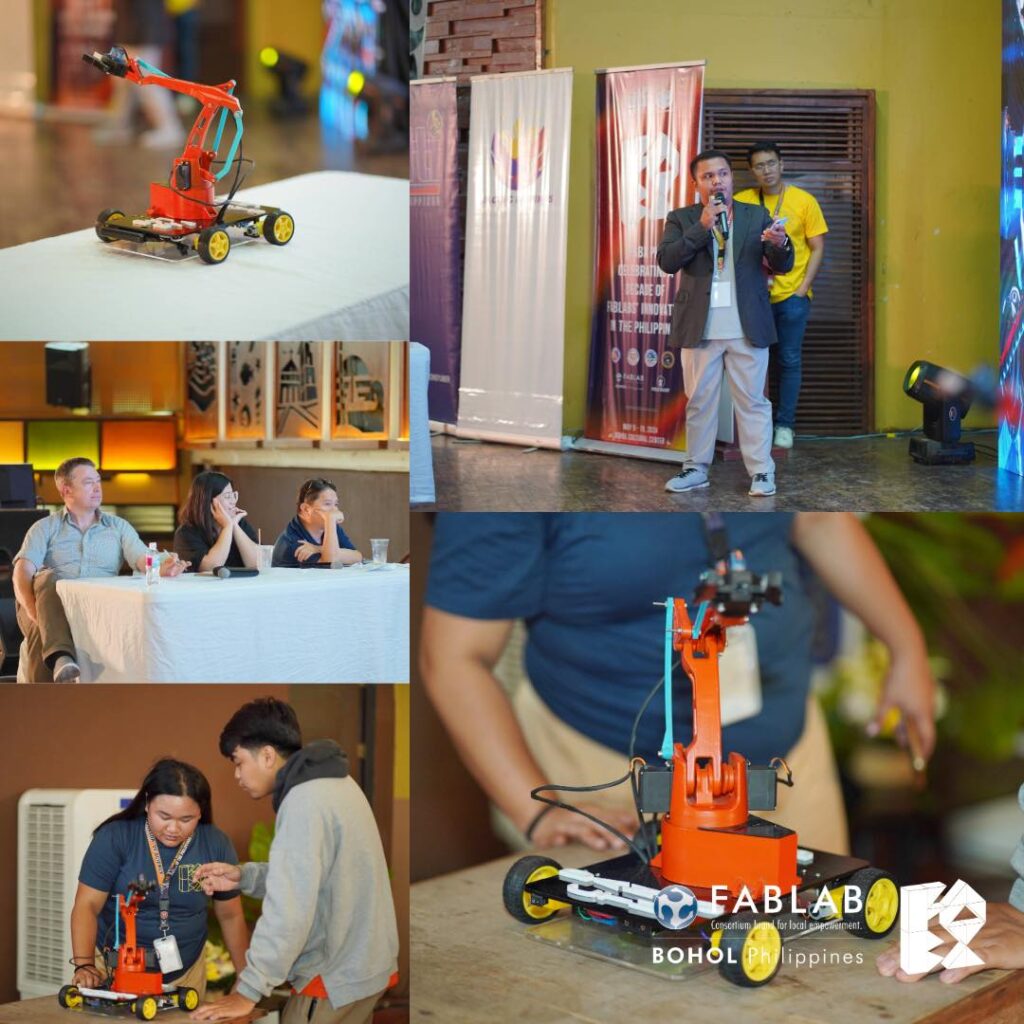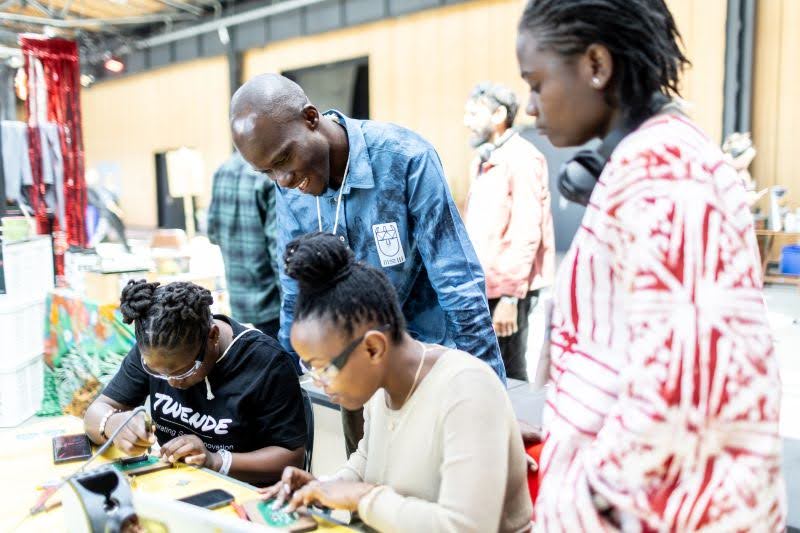Makerspaces everywhere! Welcome to the Philippines, an inspiration for policy makers
- June 07, 2024
- 3 min read
There are more FabLabs and makerspaces in the Philippines than there are in all of sub-Saharan Africa.
Why? Because of government support.
The Philippines is a developing country with a population of around 115 million people. It is made up of over 7,500 islands in the Pacific Ocean, and it struggles with internal supply chain costs and is affected by frequent natural disasters. It has a young, relatively well educated and very entrepreneurial population.
The central region of the Philippines, Visayas, is known for its stunning beaches, reefs and wildlife. But it should also be world famous for kick-starting the FabLab movement in the country and for its pioneering policies on makerspaces. The Department of Trade and Industry in Cebu started supporting makerspaces a decade ago, and now every level of government across the whole country has policies and programmes that support makerspaces, makers and the local businesses around them.
This was celebrated recently at a special 10-year anniversary conference of the FabLab movement. People came from across the Philippines. Students submitted entries into a design competition. We learned about design, enterprise and innovation. And were invited by government to make use of it support to makers.
It was a highly unusual and unprecedented experience for me; the government officials on stage were the ones asking for more from makers; normally, it is the makers that have to ask for more from officials!

Credits to: FabLab Bohol
Examples of policies and programmes
All levels of government, mainly through the Department of Trade and Industry and the Department of Science and Technology, are supporting makerspaces. Here are some examples of what they are doing:
- Funding the establishment of FabLabs
- Funding the staff of FabLabs, usually through educational institutions
- Integrating FabLabs into higher education and some school activities
- Work to establish national certifications for maker skills
- Technology training from the national Additive Manufacturing Centre and its forthcoming satellites
- Training to makers on business skills and intellectual property
- Help for makers to register patents
- Promotion, awareness and support for medium, small and micro enterprises to use FabLabs
- Facilitating local networks of manufacturers to help scale up production
- Financial arrangements for makers and enterprises to own their own machines as they grow
- A national monitoring and evaluation programme tracking the outputs and impacts of FabLabs
- Arranging and hosting an annual conference of FabLabs
- Procurement changes to buy locally made goods
- A new national law called ‘Tatak Pinoy’ which aims to promote ‘Proudly Filippino’ locally made goods
Policy makers in the Philippines are now asking: what can we do next to help makerspaces? We are hoping that the mAkE project’s focus on the innovation ecosystem around makerspaces might provide some inspiration.
The mAkE project’s Policy Recommendations
At the mAkE project, we have recently launched our policy recommendations. They are aimed at European and African governments who are far further behind in their support to makerspaces. As we engage policy makers on these recommendations, success stories and case studies will be essential.
The FabLab movement in the Philippines is truly an inspirational example for policy makers across Africa and Europe to learn from.
By Andrew Lamb















